Katsina is one of the ancient states in Nigeria, carved from the former Kaduna State, which is located in the northwestern geopolitical zone of the country. It is a state from the ancient kingdoms of the Hausa/Fulani, especially the two ancient kingdoms of “Katsina and Daura.”
Katsina State, known to the Hausas as Jihar Katsina, was created in 1987 and borders Kaduna, Zamfara, Kano, and the Jigawa States. History has it that, as one of the earliest kingdoms in Nigeria, Katsina is known as an ancient seat of Islamic culture and learning. Thus, the state was nicknamed the “Home of Hospitality.”
According to research, other ancient kingdoms of the Hausas included Kano, Gobir, Zazzau, Rano, and Biram (Garun Gabas), and as a result, they formed the origin of Hausaland. Therefore, the capital city of the state, Katsina, and the town of Daura, is known as the strongholds of the political activities of the country at the moment this piece was published.
In this piece, Naijabiography narrates the history of Katsina State, including the culture of the Katsina people as well as their economic, social, and political structures.
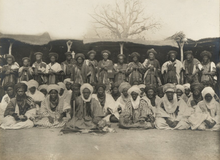
History
The kingdom of Katsina, one of the Hausa Bakwai known as the “Seven True Hausa States,” is said to have been established in the 10th or 11th century. Islam was first practised in the 1450s, and Katsina’s first Muslim ruler was Muhammad Korau, who ruled in the late 15th century.
While Muhammad was in power, camel caravans travelled through the Sahara from Ghudmis (Ghadames), Tripoli, and Tunis to Katsina, bringing with them such riches that the state got entangled in the conflict between the two powerful West African empires, Songhai (Gao) and Bornu. The Songhai invaded Katsina in 1513.
However, history has it that the kingdom’s capital city, Katsina, was originally surrounded by walls constructed in the middle of the 16th century. The forces of Songhai were vanquished by Katsina in 1554, and those of Kano, its main rival in the trans-Saharan trade, were vanquished in 1570.
Meanwhile, Katsina was a tributary state of Bornu until the end of the 18th century, after Moroccan soldiers defeated Songhai in 1591. Early in the 18th century, Katsina experienced its greatest age of wealth. Along with being the most important Hausa trading kingdom, it took Timbuktu’s (Tombouctou’s) place as the principal West African hub for Islamic studies. The collapse of Katsina began later in the century with battles with Gobir, a Hausa polity to the northwest.
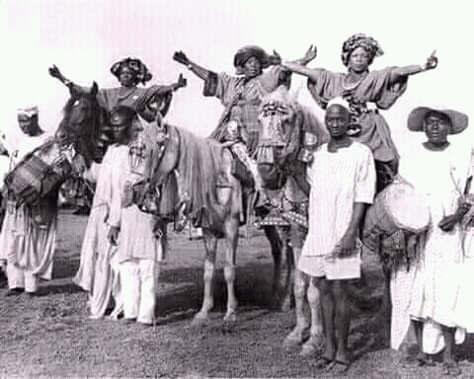
By the 15th century, Fulani ranchers had established themselves in Katsina, and in 1804, Usman Dan Fodio, the commander of the Fulani jihad (holy war), organized an uprising against the Hausa rulers that started in Gobir. The first Katsina emir was recognized with Katsina as his seat after the Fulani commander Umaru Dallaji took control of the town in 1806.
According to legends, both the local emir and the representative of the sultan of Sokoto, a town which is some 258 kilometres to the west, administered the emirate. Numerous Hausa aristocracy and commoners escaped to Dankama (25 miles to the northeast), Tassawa (Tessaoua), and Maradi in Niger, where they established a Hausa Katsina chiefdom.
Therefore, the Fulani emir and the Katsina town were weakened by their raids throughout the 19th century, which was said to have been surpassed by Kano.
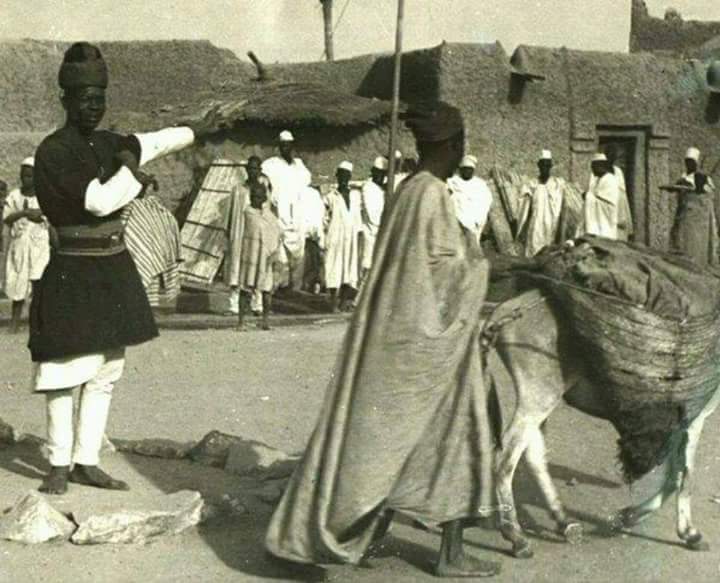
Thereafter, the emir of Katsina swore allegiance to the British colonial authorities in Northern Nigeria in 1903. In 1904, when the British and French established the current Niger-Nigeria border, the Katsina emirate’s size decreased and it became a part of Kano province. Thus, in Katsina state currently, much of its previous area was located.
Meanwhile, the Katsina and Daura kingdoms were formerly governed by the Kano and then the Zaria provinces during the colonial era. However, this region was a part of the northern and subsequently Kaduna states of the Nigerian Federation from the late 1960s until the late 1980s.
On Wednesday, September 23, 1987, the Federal Military Administration under General Badamasi Babangida split the former Kaduna State into Katsina State. The history of the region’s social and political transformation has been expanded by this event.
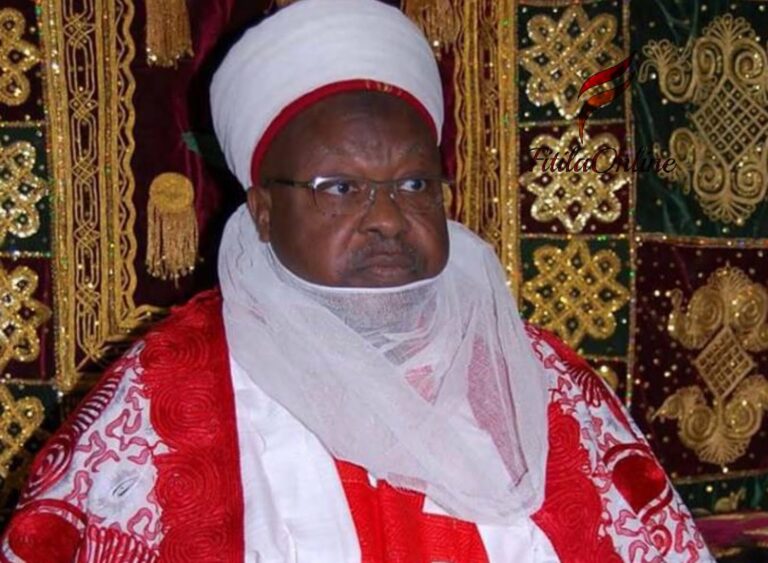
People and Culture
Despite only ranking 17th out of 36 states in terms of area, Katsina State is the fifth most populous state in the nation, with about 5,800,000 people as of 2006.
Furthermore, Islam is the most widely followed religion in the state, and the Hausa people make up the majority of its population. Also, it is worthy of note to state that Katsina became Nigeria’s sixth state to enact Sharia law in 2005.
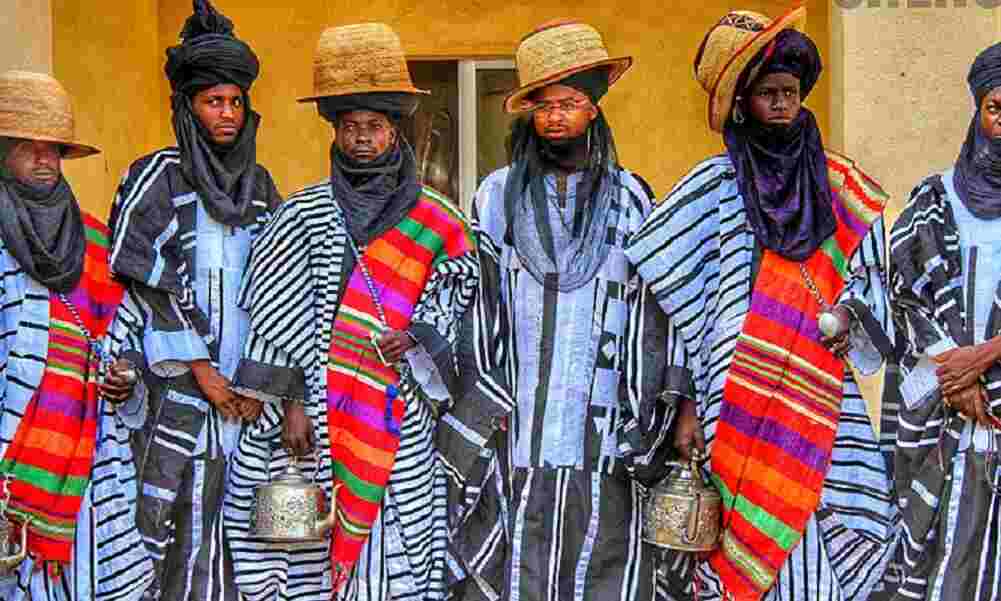
Religion
Research reveals that the people of Katsina have Sharia Law as the dominant Islamic rule that guides the conduct of every individual in the state, except for the Christians, who are not really dominant in the areas. Thus, Sharia is applicable throughout the entire state but fairly to Muslims. Also, the Gobarau Minaret is a significant structure in the primarily Muslim state.
However, the Katsina Diocese is part of the Church of Nigeria. Furthermore, both the Roman Catholic Church and the Redeemed Christian Church of God are fairly prevalent in the state for Christians.
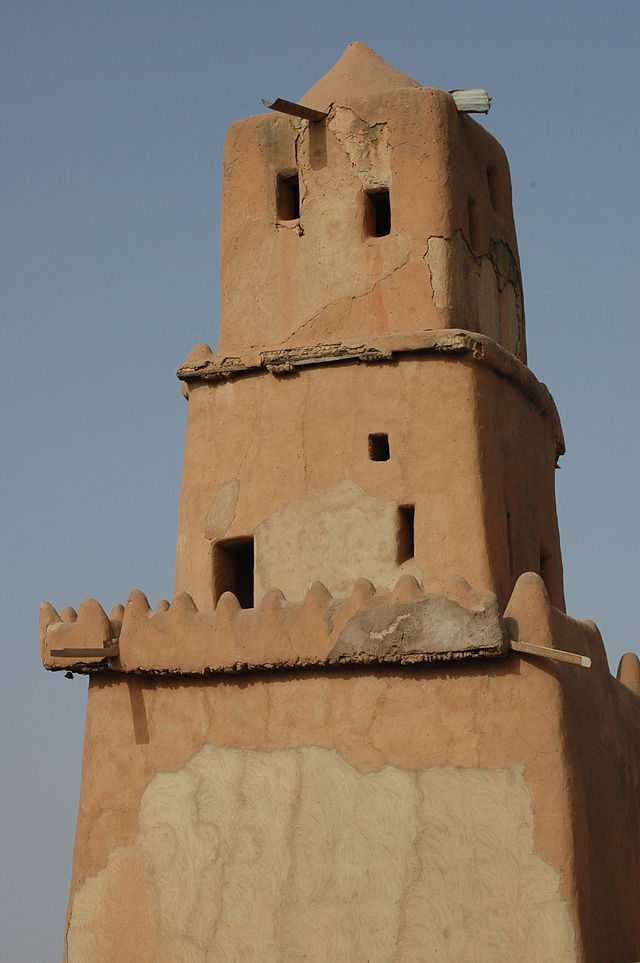
Economy
The people’s primary industries include agriculture, traditional handicrafts, and animal husbandry. The main food crops are maize, millet, guinea corn, cassava, Irish potatoes, yams, and beans, while the main cash crops are cotton, tobacco, sugarcane, soybeans, and groundnuts. Additionally, the state is a significant producer of tomatoes, peppers, and onions nationwide.
In addition to grain production, the state is also a significant breeder of livestock, including camels, sheep, goats, and cows.
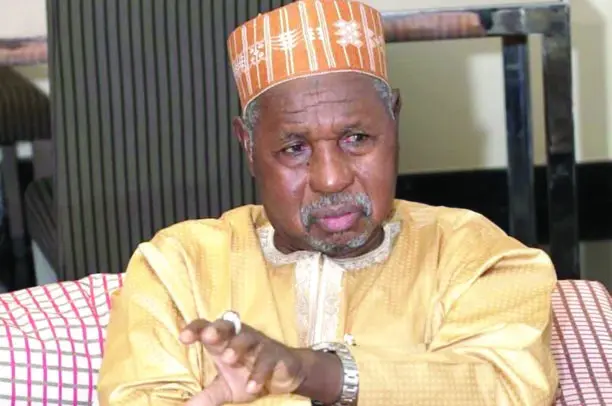
Political Structure
The current Governor of Katsina State is Aminu Bello Masari, who was elected as the governorship candidate of the All Progressives Congress in the March 2015 election and sworn into office on May 29, 2015. However, Aminu Bello was re-elected for a second term on March 9, 2019, as the governor of Katsina State.
According to research gathered, the state is regarded as Buhari’s political stronghold because he won it in the 2019 presidential election with about 80% of the vote. Thus, Muhammadu Buhari, the President of the Federal Republic of Nigeria is a native of Daura.
Katsina State has 34 local government areas. Some of these local governments include Bakori, Batagarawa, Batsari, Baure, Bindawa, Charanchi, Dan Musa, Dandume, Danja, Daura, Dutsi, Dutsin-Ma, Faskari, Funtua, Ingawa, Jibia, Kafur, and Kaita, among others.
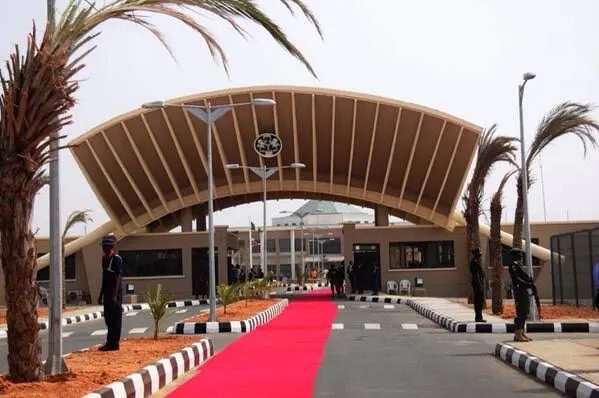
Modern-Day Katsina State
The state of Katsina is a hub for both formal and informal learning. The state government owns Umaru Musa Yar’adua University, which is a public university. The first Islamic institution in Nigeria, Al-Qalam University, is privately held. Both Federal University, Dutsin-Ma and Federal College of Education, Katsina are owned by the federal government (affiliated with Bayero University Kano).
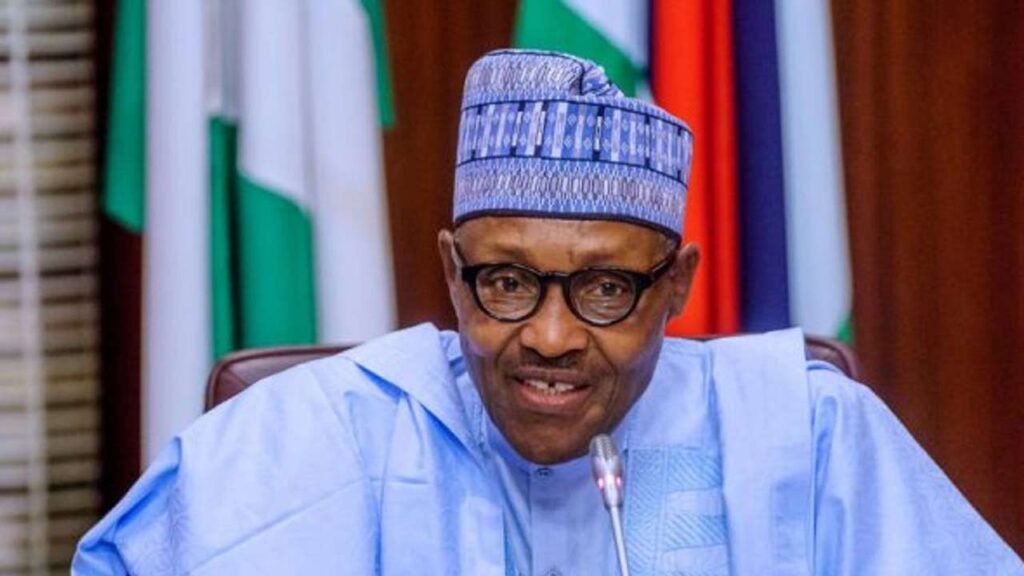
Furthermore, there are some prominent people in the society who are members of Katsina State. These notable people include Lawal Kaita (Governor of Kaduna State 1983), Mohammed Bello (former Chief Justice of the Supreme Court), Muhammadu Buhari (President of Nigeria), and Umaru Musa Yar’Adua (Governor of the State 1999–2007, and President of Nigeria 2007–2010), among others.





